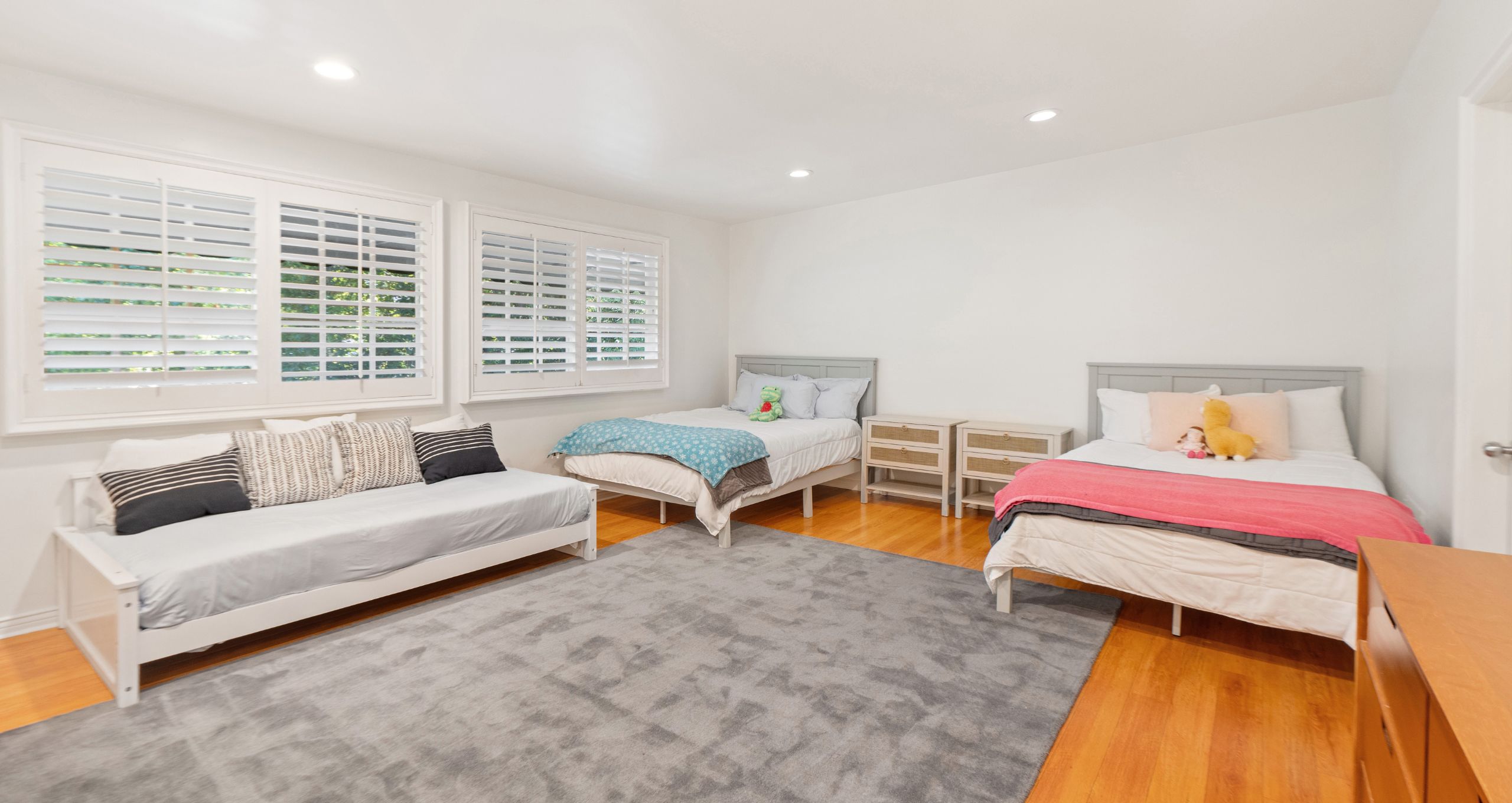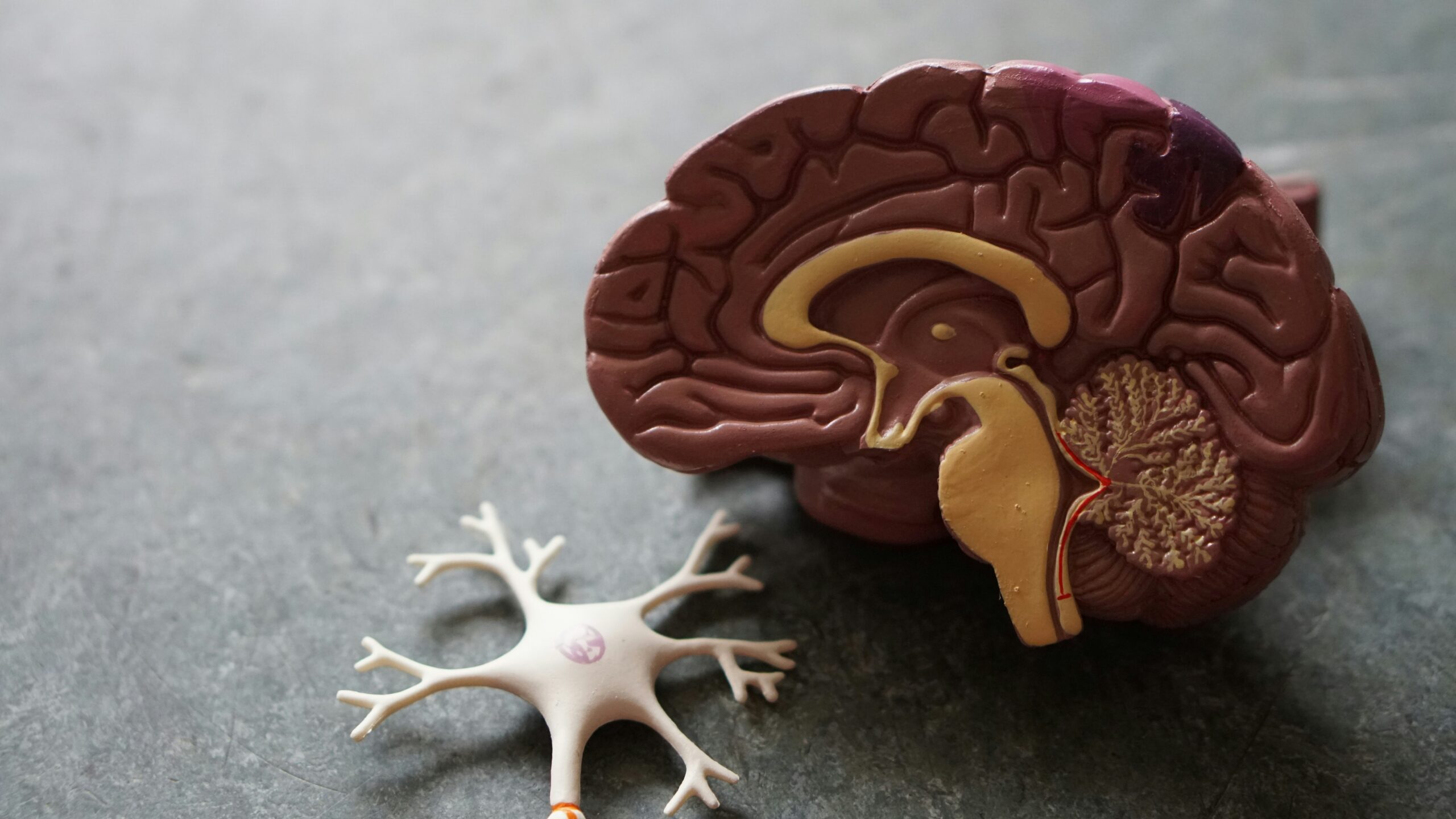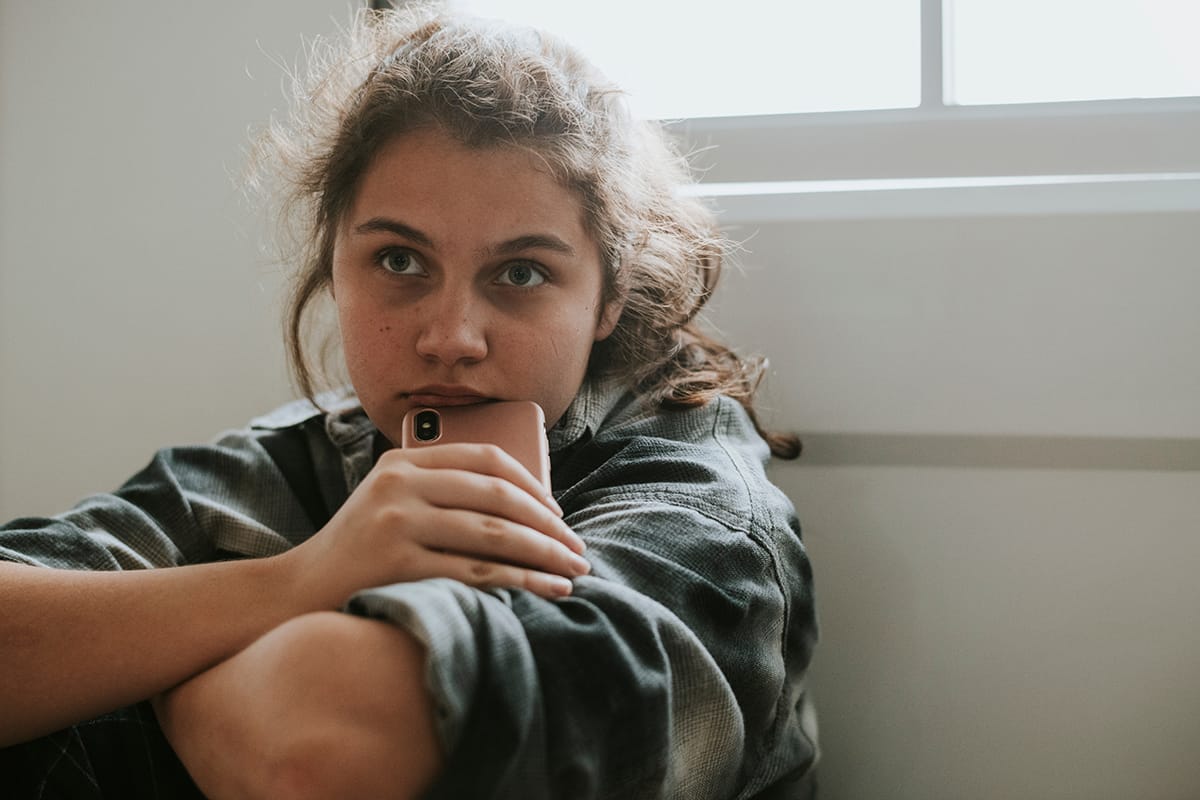Magnolia House is Ascend Healthcare’s all-gender depression and anxiety residential treatment facility, specifically designed to meet the unique needs of adolescents aged 12-17. Our program specializes in addressing depression, anxiety disorders, maladaptive coping mechanisms, emotional instability, self-injurious behaviors, feelings of emptiness, and impulsivity. We also have a niche specialization in supporting clients who identify as LGBTQ+, creating a safe and inclusive environment for all.

Depression & Anxiety
at Magnolia House

Depression & Anxiety
at Magnolia House

Depression & Anxiety
at Magnolia House

Depression & Anxiety
at Magnolia House

Depression & Anxiety
at Magnolia House
Depression & Anxiety Care
Location:
Encino, CA
Residential Treatment
Who We Treat:
All Gender under 12-17
Conditions Treated:
Length of Stay:
Minimum 45 days,
Up to 120 days
A Supportive Community That Celebrates Individual Differences
At Magnolia House, we prioritize creating a supportive community that celebrates individual differences and unique challenges. Our specialized programming focuses on healthy identity formation and self-esteem, promoting emotional healing and personal growth.
What Makes Magnolia House Unique?
- All-gender facility creating safe spaces for all identities
- Specialized LGBTQ+ support and programming
- Comprehensive clinical program promoting emotional regulation
- Unique therapeutic groups including Dungeons and Dragons, STEM, and Improv
- Focus on healthy identity development and self-compassion

Facility Amenities
Designed for
Connection & Growth
This depression and anxiety treatment facility for teens offers the following amenities:
24/7 onsite staff providing comprehensive care and support
Private chef offering personalized nutrition and regular meals
Basketball court, tennis court, spa, and pool for recreation and wellness
Gardening and horticulture plots for therapeutic engagement
Fire pit and BBQ station for community building
Shared rooms with queen beds for comfortable residential living
Interior and exterior lounge areas for relaxation and peer connection
Class and study room for academic support
Evidence-Based Residential Treatment for Lasting Recovery
Our multidisciplinary team at Magnolia House develops individualized treatment plans through a blend of therapeutic approaches, ensuring each client receives comprehensive support for lasting emotional wellness.
Our Expert Team Includes: Licensed therapists, addiction specialists, psychiatrists, and clinical staff
- Licensed therapists specializing in adolescent depression and anxiety
- Psychiatrists and psychiatric nurse practitioners
- Social workers and marriage and family therapists
- Specialized LGBTQ+ support staff
Daily Individual & Group Therapy: Addressing depression, anxiety, and emotional regulation concerns
Holistic Wellness Practices: Yoga, martial arts, RecoveryFit, and eco-psychology therapies
Therapeutic Approaches Used at
Empress House
Cognitive Behavioral Therapy (CBT)
Identifying and changing negative thought patterns associated with depression and anxiety
Dialectical Behavior Therapy (DBT)
Building emotional regulation skills and distress tolerance
Eco-Psychology & Animal-Assisted Therapy
Reducing stress, promoting well-being, and enhancing communication skills
Creative Therapies
Dungeons and Dragons, STEM, and Improv groups for social connection and skill-building
Expressive Arts Therapy
Photography, painting, clay work, videography, music, and digital arts for emotional expression
Family Voices
The Heart of Our Success
“I’ve learned how to express emotions I didn’t even know I had. ”
“The creative arts program helped me express feelings I’d buried for years. ”
“Group therapy helped me find my voice and use it. ”
“I thought I didn’t belong here. Turns out I just hadn’t let myself feel before. ”
Family Involvement &
Aftercare Planning
Family involvement is a cornerstone of the Magnolia program, ensuring families are active participants in their child’s recovery journey.
- Five hours of clinical programming for parents each week
- Twice-weekly family therapy sessions
- Parent Skills Group and Parenting with DBT sessions
- Shame and Resilience programming
- Multi-Family Skills Group for peer support





Resources
At Magnolia House, we believe that education is a powerful part of the recovery journey. Explore our resources to better understand the conditions we treat and how our approach fosters lasting healing.









